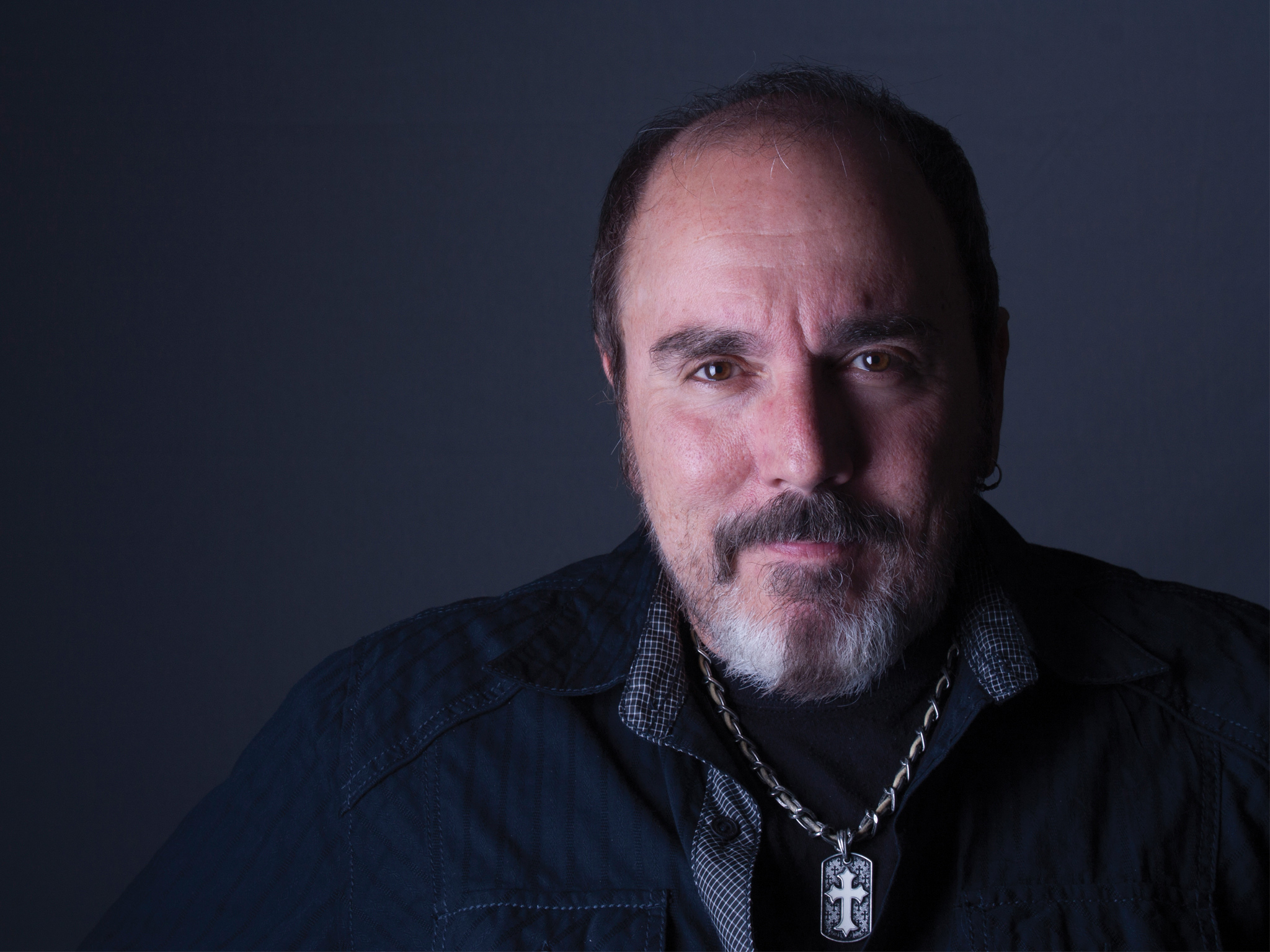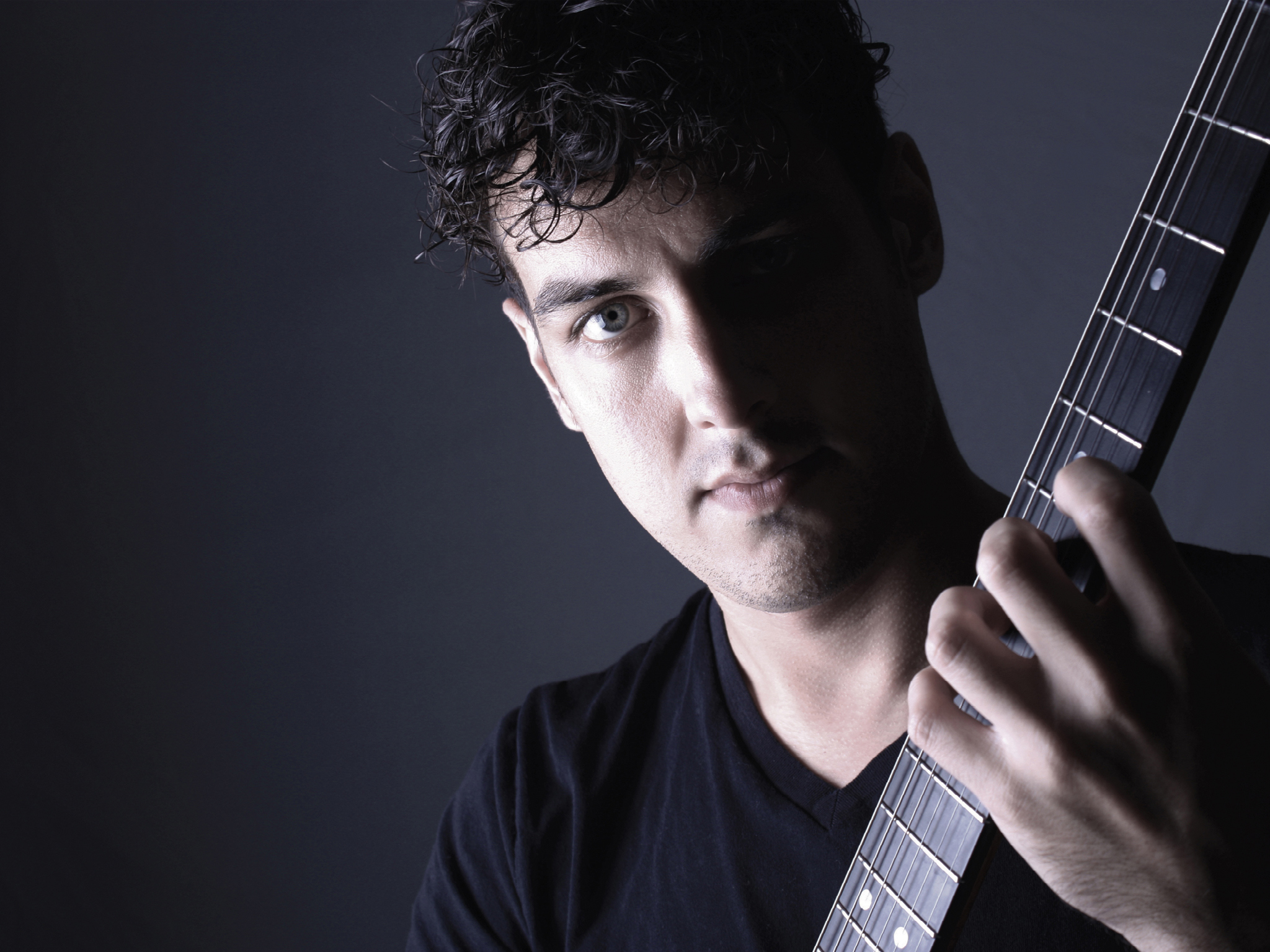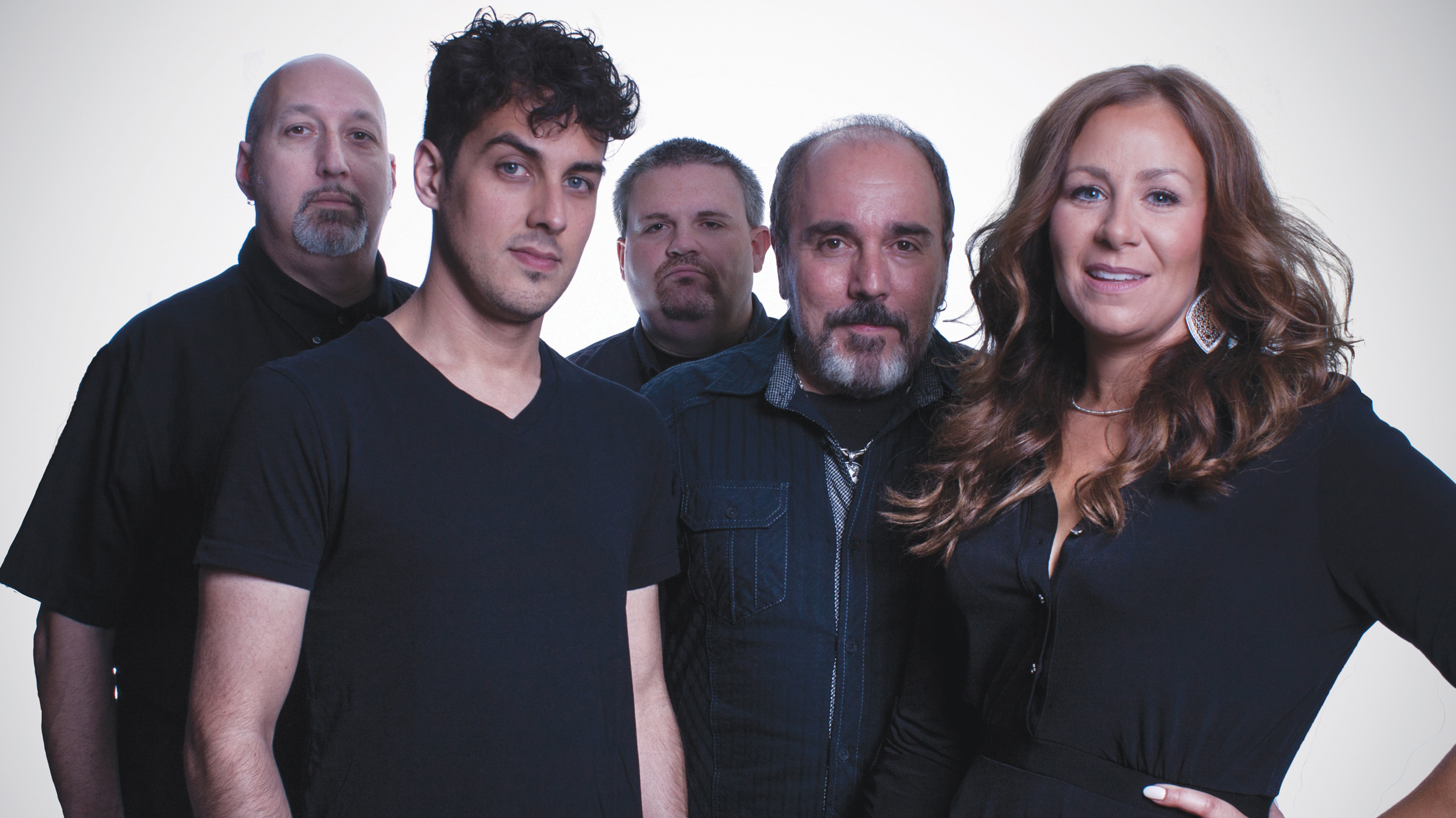In Norse mythology, a valkyrie is a female entity who decides whether a warrior lives or dies on a battlefield, and if he’s incredibly brave, she may become his lover. So Valkyrie is an apt title for Glass Hammer’s 18th studio album, because that’s the kind of destiny level of control it has over their future.
The follow-up to last year’s The Breaking Of The World is a concerted effort on the part of mainmen Fred Schendel and Steve Babb to fight off the struggles of recent years, and win the hearts of a wider audience.
Those struggles have included the loss of vocalist Jon Davison to Yes, re-engaging some parts of their audience who’d begun to lose patience, and finding a solution to the near-crippling problem of being a progressive music band in the southern US state of Tennessee.
Valkyrie tells the story of a soldier in need of rescue and the woman who comes to his aid. She’s played by vocalist Susie Bogdanowicz after Schendel and Babb decided that, after many years of being on the periphery, it was time she took the front and centre role.
“We’d been talking about it since we played RoSfest last year,” bassist-vocalist Babb says. “‘Man, this girl needs to front a real, true progressive rock album.’ You couldn’t help noticing over the years that she’s a firm fan favourite. She did front the band for most of Three Cheers For The Broken-Hearted [2009] but that wasn’t such a classic album.”
When Jon Davison joined us, some of the fans left, but a whole new group came on board. I’m not sure what the Yes connection did for us.
When the word got out, the response was positive. “We didn’t know if it would work out logistically, but when we announced it, people told us, ‘Great move!’ Nothing against our other singers, but Susie is our most identifiable.”
The decision came in the light of two creative innovations. For the first time, the duo constructed an album that allows Bogdanowicz’s contribution to increasingly stand out. More importantly, they committed to working much more like a live outfit.

“We’ve traditionally been a studio band, with people living in different parts of the state,” keyboardist-vocalist Schendel says. “We’re getting towards the point where we have the core of the band in the same town, apart from Susie.”
The line-up – which also includes guitarist Kamran Alan Shikoh and drummer Aaron Raulston, while vocalist Carl Groves, who stepped up after Davison left, has bowed out – worked as a unit for several weeks on the music, before continuing in a more studio-minded fashion. But the new approach has convinced them of something else they long suspected.
“We make a good actual band, playing together, and not just as a studio project,” Schendel says. “This album had its roots in rehearsing live and putting down basic tracks, but there’s still a good amount of overdubbing. The next album might be getting to the point of doing a straight-up live thing with minimal overdubs.”
Babb adds: “In the past we’d record the album, then rehearse for shows, then three or four months after the album, we’d go, ‘We should have recorded it now – how much better it would have been!’ So we tried to make that the process this time. We knew we needed something to inject some energy into our recordings and that this was a way to do it. We rehearsed as if we were rehearsing for a concert, and when we were ready for the concert, that’s when we hit ‘record’.”

- Glass Hammer premiere No Man’s Land
- Prog Quiz: True or False?
- Glass Hammer - Valkyrie album review
- The best prog vinyl releases you can buy this month
The experience was a revelation. “I don’t think we can go back, now we’ve discovered what we’ve discovered,” says Schendel.
“We’ve always tried to find out what we’re good at and our fans have been patient while we explored it,” Babb says. “This seems to be something that works.”
There’s a recognisable rise in temperature in the work – and just possibly an increase in pace as well. Valkyrie contains a comparable texture to 2005’s The Inconsolable Secret and shares the spirit of 2012’s Perilous (Davison’s swansong), but there’s more than that. There’s a new energy; a new conviction; a new hope.
As yet it remains just a hope. Because if Glass Hammer are to embrace a live future, they have to contend with the challenges of being based in the south east United States. They want to get on as many stages as possible, but there just aren’t many available to them.
“It’s a killer here,” Schendel states without hesitation. “You can’t get anywhere without driving for a day or more. You rent a car, you drive for hours, then when you get to the concert you have to use rented equipment. It’s tough.”
Babb adds: “It’s 14 hours to get to what some might consider the hotspots for prog in the north east. Here in the south there’s not a big festival movement, or hot concerts. It’s a lot of work to get to where we need to be, so we don’t play much.”

Despite popular annual local shows, they’ve long been aiming for bigger opportunities. But without an album they felt represented their current position, they were forced to refuse some attractive offers, including a headline appearance at the Verona Prog Fest in Italy and Wales’ Summer’s End Festival.
“This question came up about Italy,” Babb says, “but it was going to fall before the album was out and there was no point. We just had to wait. I’ve always felt Glass Hammer needs to get to Europe and the UK, so the masterplan will be to accept one of those festival offers.”
He believes such offers are on the horizon, and a visit to the Old World will demonstrate if there really is a ‘Yes effect’, caused by Davison joining the British prog icons in 2013 after a four-year stint in Glass Hammer.
“I’m not sure what it’s done for us,” Schendel reflects. “When Jon joined us, some of the fans left us for a while, but a whole new group came on board and explored what we do. I’m not sure what’s happened since. I’m not sure what the Yes connection did for us.”
In the meantime, the pair profess themselves delighted with Valkyrie, and the experience has been completed without the sense of creative exhaustion they’ve become used to. “Sometimes we get to the end of an album and we’re overwhelmed and fatigued,” Babb says. “But even listening while we were finishing the masters, I was still excited.”
That’s due partly to the injection of energy caused by their new way of working, and partly by Bogdanowicz’s contribution. “The nature of the concept album means we got to lyrically design it so the further the story progressed, the more she came forward. It really fits the idea of the female coming to the rescue. Susie’s been working with Fred and I for 20 years this year, so we know what she sings and what to write for her.”
They’re banking that the album will be received in such a way as to generate the chance of playing it live in full. “Every time we got an offer, we’d have to become a ‘real band’ with different people,” Babb says. “But this time we’re solid. We know we have an album we can play live because we’ve been doing it since January.
“We’re happy as a band, rehearsing and on stage,” he adds. “We wanted to capture that live urgency. It’s a little faster than we’d normally play. There’s a lot of interaction and we’re more intense together.”
And Schendel is keen to keep hold of the momentum. “We’re ready to move on. A possibility is to do a simpler album next time. Not a ‘less good’ album – just simpler. There’s always things you come across during the recording process and you think, ‘Somewhere down the road, this would be neat.’”
Valkyrie is out now on Arion Records/Sound Resources. See Glass Hammer’s website for more information.
GAMES WITHOUT FRONTIERS
Fred Schendel on how videogames’ minimalist compositions opened the band’s musical horizons.
Not all Glass Hammer fans realise how much the band are influenced by literature – even though 1993 debut Journey Of The Dunadan was inspired by JRR Tolkien, and Babb is the author of epic poem The Lay Of Lirazel, which informed the lyrics on The Inconsolable Secret. But there’s a new influence to be felt on Valkyrie, one that was discovered via the band’s kids.
“One thing we’ve been paying a lot of attention to recently is videogame music,” Schendel reveals. “Not the music that tries to be like symphonic film music, but things like the score for Minecraft. Some of these guys can take very simple chord structures and evolve them over a really long period of time in interesting ways. That’s crept into our album in places.”
He namechecks The Unfinished Swan, with music by Joel Corelitz, as a prime example. “It has a gorgeous soundtrack – a lot of it has to be minimalist Steve Reich kind of stuff. It’s fascinating, the way those guys have to think in terms of structuring what they do for a sequence that may end at any moment.”
So might Glass Hammer enter the gaming world themselves? Schendel politely declines: “There are so many people who are so good at it, we’ll just stick to what we do.”
Glass Hammer issue trailer for Valkyrie
The Progressive Rock Quiz: think you know the bands that helped build prog rock?
